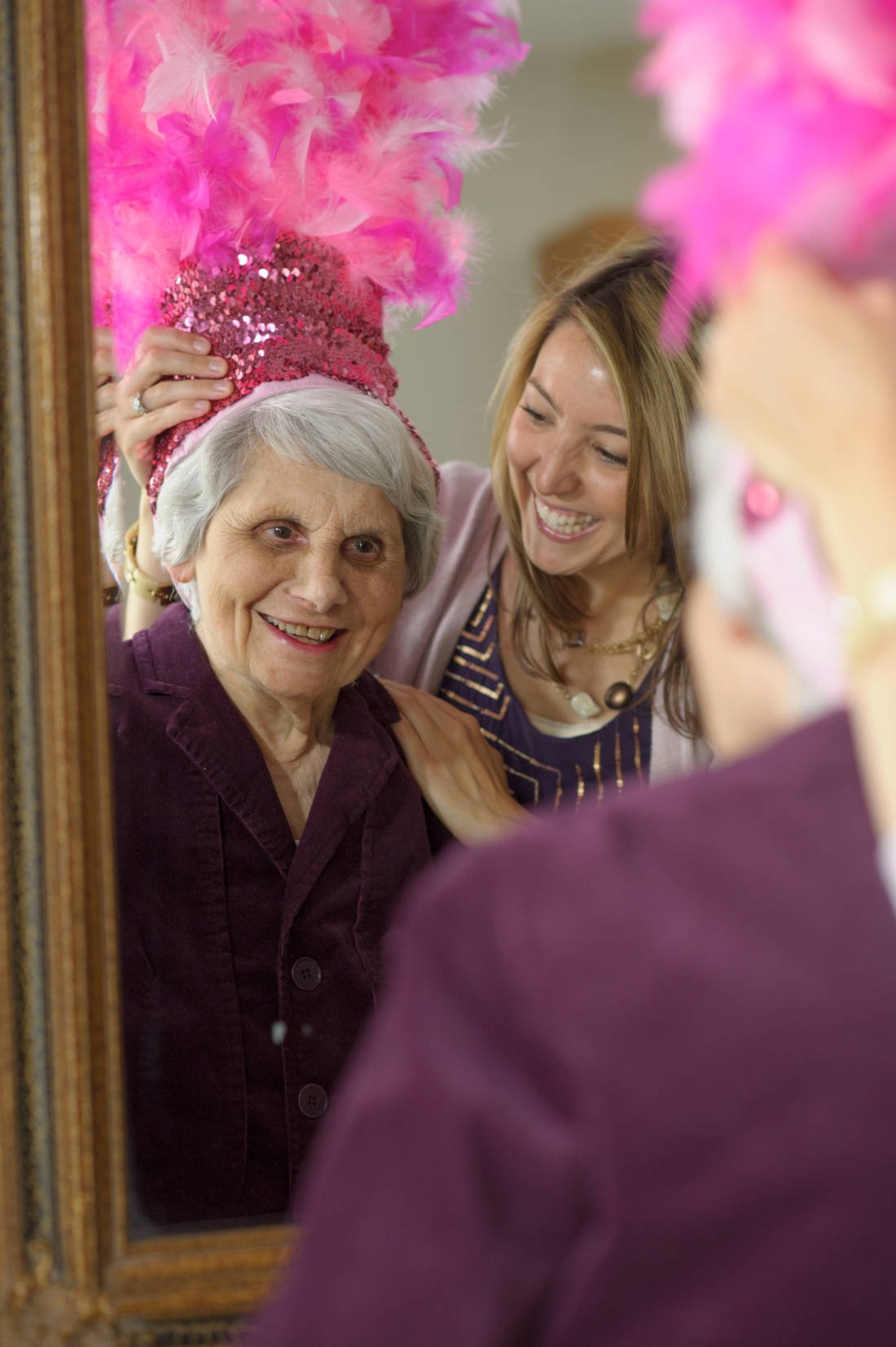The Benefits of Working with a Geriatric Nurse
geriatric nurse | geriatric care ct | gerontological nursing week | assisted living | Aging & Caregiving
 If you have been caring for an aging loved one for any length of time, you have probably experienced the frustrations that come with managing their changing health needs. Visits to the doctor’s office, trips to the hospital, short-term rehab stays, changes in medication…….these are the events that often make caregiving such a stressful process for adult children. Whether your loved one lives alone at home or in an assisted living community, working with a nurse who specializes in the care of older adults can be a great help to any family with aging loved ones.
If you have been caring for an aging loved one for any length of time, you have probably experienced the frustrations that come with managing their changing health needs. Visits to the doctor’s office, trips to the hospital, short-term rehab stays, changes in medication…….these are the events that often make caregiving such a stressful process for adult children. Whether your loved one lives alone at home or in an assisted living community, working with a nurse who specializes in the care of older adults can be a great help to any family with aging loved ones.
What is a Geriatric Nurse?
Nurses who work in the field of geriatrics, also known as gerontology, focus on caring for seniors. Within this growing field, geriatric nurses are educated to understand and treat the many and varied health needs of older adults. Some nurses receive special certification as a gerontological nurse and partner with the National Gerontological Nursing Association (NGNA) to raise awareness about the growing need for nurses who are equipped to meet the psychological, medical and social needs of the senior population.
The National Gerontological Nursing Association (NGNA) recently celebrated National Gerontological Nursing Week during the week of September 30 – October 5, 2013. In light of this celebration, it is important to recognize the value of working with a geriatric or gerontological nurse in coordinating care for your aging loved one.
Treating Changing Health Needs
As seniors age, their health needs change and evolve. A longstanding diagnosis of Parkinson’s disease or cardiac disease can present itself quite differently in aging seniors as compared with younger adults in their 40’s or 50’s. In addition, as your loved one gets older, the treatment plans that were once used to manage these diseases also begin to change. Thankfully, geriatric nurses are experienced to changes in behavior on a regular basis and can quickly recognize the progression of these diseases and the need to treat them differently.
While some geriatric or gerontological nurses can care for your loved one by visiting them in their home, others work directly with families whose loved ones live in a senior living community. Evaluate the needs of your loved one and consider exploring assisted living as a possible option, especially if your loved one has complex health needs.
Ways a Geriatric Nurse can Work with your Loved One:
- Assess mental status and cognitive (thinking) skills
- Understand acute and chronic health issues in the aging population
- Discuss common health concerns, such as falls, incontinence, changing sleep patterns, memory, diet and hydration, and disease prevention
- Order, organize and manage medications as well as monitor for possible side effects
- Explain and recommend adjustments to a medication regiment or daily routine
- Create plans of care during times of transition (hospital or rehab stay)
Geriatric Nursing in Assisted Living Communities
One of the great advantages of assisted living communities is the opportunity for families to build relationships with a team of geriatric nurses. For many families, the stress of managing medication, coordinating transportation to doctor’s appointments, and learning their way around the senior health care system can be overwhelming. Nurses who work in assisted living communities are trained to treat each senior as a whole person. They are keenly aware of the balance between medication and a senior’s metabolism as well as the different interactions that occur as a result, and help guide families through the treatment process. The nurses are also experienced in identifying and assessing cognitive and physical changes, which can expedite addressing these changes. With this relationship in place, nurses are able to work closely with a resident in their home each day and observe even the slightest of changes in diet, routine, and behavior. This provides families with peace of mind and a great resource while helping to relieve some of the stress of being a caregiver.
Key Takeaways
- Geriatric and gerontological nurses are educated to understand and treat the many and varied health needs of older adults.
- As seniors age, their health needs change and evolve.
- Geriatric and gerontological nurses observe changes in behavior on a regular basis and can quickly recognize the progression of diseases and recommend treatments that are effective for older adults.
- A geriatric nurse treats the whole person by: assessing changing health needs as a person ages, managing medications, adjusting care plans as needs change, providing education and disease prevention, and guiding and monitoring transitions of care with the older adult and their family.
- Nurses who work in assisted living facilities act as the liaison between resident, family, and physician.
- Assisted living communities provide a great option for geriatric nursing care by a team of staff that build relationships with families and work closely with seniors to provide peace of mind.
About Marissa Salvesen
My journey into the world of senior living began when I started working for United Methodist Homes in 2010. Starting as an Activities Director at one of our award-winning assisted and independent living communities and then transitioning to Marketing and Promotions Manager for UMH, I now work as the Manager of Mission Development, fostering the Mission and Values of our organization. I love sharing stories about the many ways we build meaningful relationships and enrich the lives of those we serve, and am proud to be part of building UMH’s 140-year legacy of caring. Wondering what makes our communities such special places to live and work? Connect with me and find out!

Our Blog is a 2016 Platinum Generations Award Winner! The Generations Award is an annual international competition for excellence in senior marketing recognizing professionals who have communicated to the 50+ Mature Markets.



